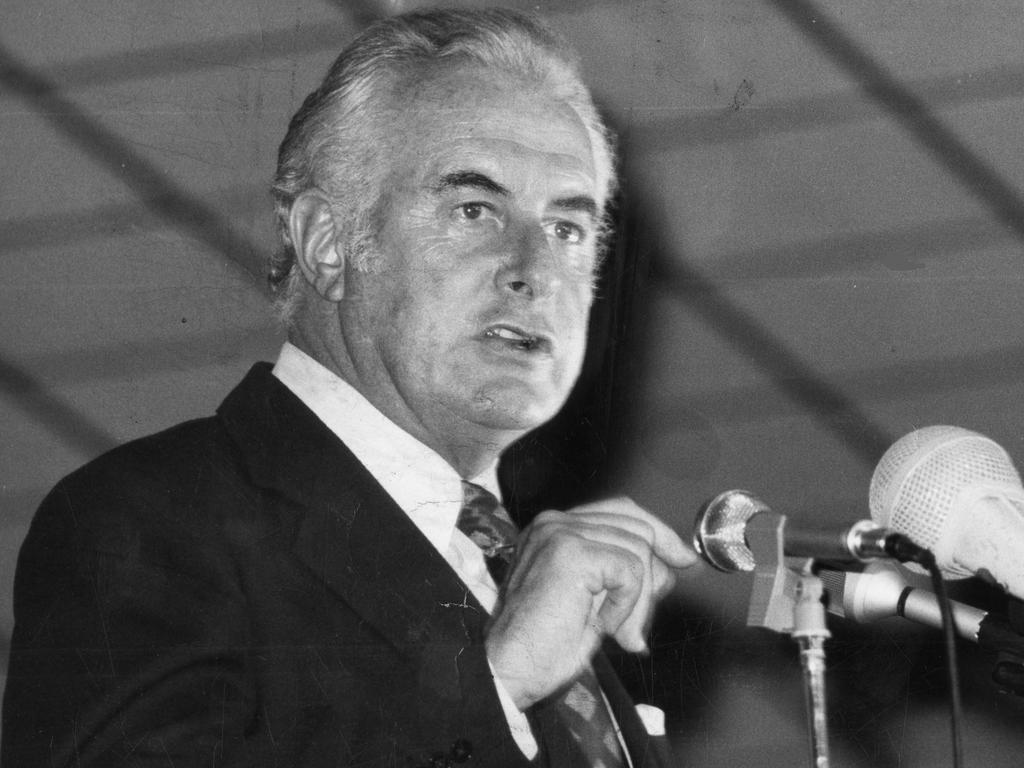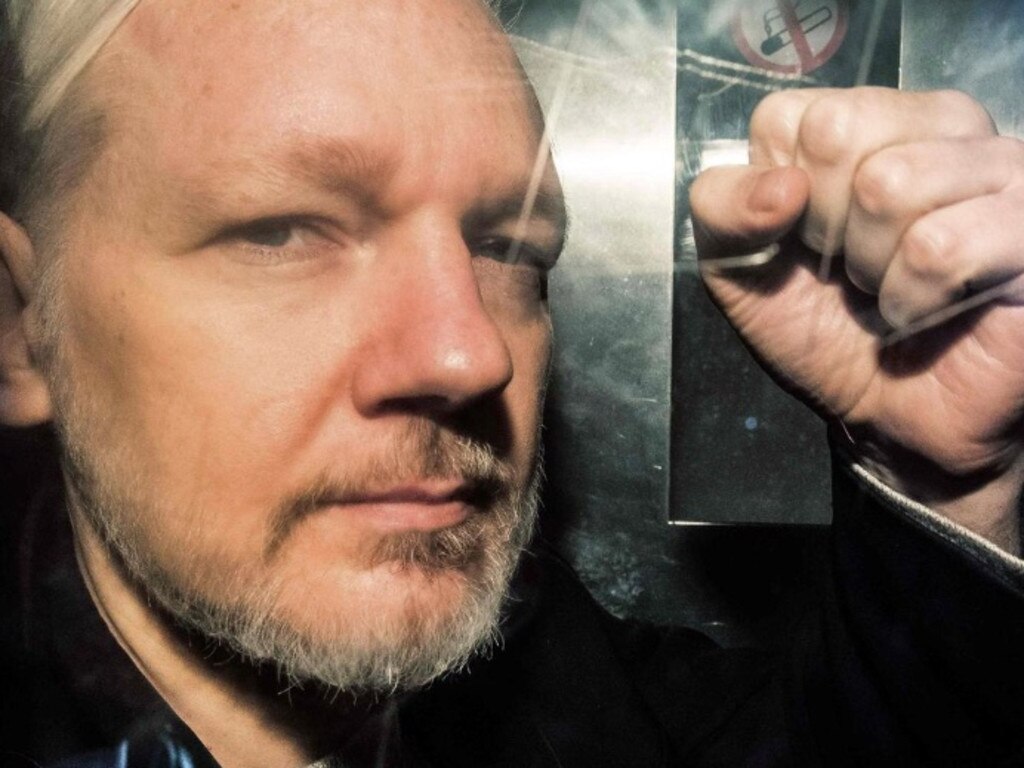Albanese and Labor are on a roll, but it’s about to get rocky
Anthony Albanese, having won 2022, has his foot to the floor but the road ahead is littered with obstacles.

The Prime Minister’s wins have boosted the confidence of his MPs and set high expectations for a winning start to 2023 using this year’s momentum and raising hopes of another victory in 2025.
Since the election, Albanese has used his leadership authority, the goodwill towards a newly elected government, smart public appeals, the advantage of the international stage, determination to deliver on election promises, and the power of parliamentary experience to demonstrate he’s “not wasting a day” and he’s “doing things”.
As he declared in parliament this week: “We have spent six months delivering on our promises. Those opposite just stood still for a decade, and ever since then they have been coming to terms with it.”
On the last scheduled full sitting day of the House of Representatives this year, the first truly spirited leaders’ exchange reviewed the election year and set the parameters for next year.
Albanese accused Peter Dutton of being a weak leader who finally “came out of hiding”, said the Coalition was “sulking” after being beaten, and challenged the opposition to “reset” its strategy and policies during the Christmas break.
Listing all the promises that have been delivered in the first six months – including “getting wages” moving, legislating new climate change targets, setting up an anti-corruption commission, free TAFE places, lower-cost medicines and rebuilding international relations – Albanese revelled in the parliamentary success.
Pledging not to “waste a day” next year, Albanese said Labor would “put people front and centre and build a better future”.
The Opposition Leader has zeroed in on the one promise Albanese can’t keep and won’t repeat – a $275 cut in power bills by 2025 for households and businesses as he pivoted from Labor’s industrial relations changes to focus on energy costs.
“This Prime Minister says one thing before the election and does something different after the election,” Dutton told parliament. “The people want answers.”
Albanese’s relentless political pressure, at times seen as vindictive, is all part of his rite of passage as Prime Minister, a recognition of the need for parliamentary and political dominance and a message to voters that looks forward to winning the next election in 2025.
Albanese has made no secret of his intention not just to win in 2022 – which he has done – but also to win in 2025, which he intends to do.
But this positive beginning from Labor is not guaranteed to continue through next year because the expectations of Labor MPs are not the only ones to have been raised.
The people who voted for change have also developed high expectations.
Importantly, Albanese’s claim to have delivered on his election promises will start to be tested next year as the political honeymoon gloss wears off, which makes blaming the previous government less credible and allows for judgment on results.
Labor will not only be judged on the result of securing its “promises” but will now also be assessed on the consequences of those promises and how they were implemented.
The central election promise, made without detail or economic arguments, to “get wages moving” with the new industrial laws can be fairly judged by the May budget next year, and already Tony Burke is warning that the timing and scale of wage rises flowing from the Better Pay, Secure Jobs laws the will vary from industry to industry and area to area.

The Workplace Relations Minister, confident of the laws passing with crossbench support in the Senate, has accused the Coalition of forcing people to “wait longer for wage rises”.
But the wage rises, if they eventuate in any identifiable way, have cost Labor dearly when it comes to its relations with business because Albanese effectively blindsided employers about the content of the new laws and the regime of multi-party bargaining expanding union power.
While there may be some doubt about definite evidence of wage rises coming from the new bargaining laws, there is no doubt about the animosity from business towards Labor despite Albanese’s offers to have a close and productive relationship.
Voters’ expectations on wage rises into next year may be left unfulfilled or unable to be linked to the industrial relations laws, but the damage to the relations with business are clear, immediate and ongoing. The political consequences of the changes threaten to outweigh the results.
Industry also has lingering suspicions about the real consequences of legislating for carbon emissions reduction targets of net zero by 2050 and 43 per cent by 2030. While the laws have passed, there are real fears about the undisclosed details on how 215 industries will be hit by carbon emission costs, and the government has already had to admit there will be a struggle to reach the legislated 43 per cent reduction by 2030.
A promise to legislate is kept, but the desired result is unlikely.
However, with the passing of the industrial relations laws, the real political pressure on Labor before Christmas and into next year is energy costs.
Albanese clearly thinks the Coalition’s attempts to pin Labor on a broken promise on the $275 reduction, and rising gas and electricity prices, is a dry gully for them but if inflation and the cost-of-living continues on the trajectory Treasury predicted in the October budget, the government will be at risk from a flash flood.
Treasurer Jim Chalmers is looking at every option and mechanism to “put downward pressure on power prices” – from a tax on coal and gas exports, to price caps on gas and coal, and providing financial assistance to stressed businesses.
Preferring a regulatory answer involving the states, Chalmers has to work within a framework of antagonistic businesses, parochial state interests, not making inflation worse, and presenting an identifiable cut in power prices for consumers. Labor has promised energy action before Christmas and may even have to have a pre-Christmas week parliamentary sitting, but there are no quick answers and once again the test of results against promises will become apparent as the government moves into its second year.

And that challenge is separate to the May budget, which is going to lack the feel-good ability to talk about “delivering on promises” and has to consider raising revenue and cutting costs. Then there is also the looming debate over the social promise of delivering a referendum on an Indigenous voice to parliament, which is a singular Albanese undertaking with potential for bitter division and political risk.
Again, the promise was made without detail and with a short deadline. It was fundamental to Labor’s election platform and will come to fruition well into next year beyond the flush of victory.
There is a curious confluence of government and Coalition arguments over the voice and Indigenous living conditions that defies political logic. Although the Nationals decided this week to oppose the voice, Dutton and the Liberals have not yet arrived at a settled position.
It was clear this week that Labor and the Liberals are forming arguments ahead of the full-blown debate and that both arguments hinge on the balance between taking “practical” and symbolic actions.
Dutton has been calling for a royal commission into the allegations of child sexual abuse in remote communities as a way of “putting the foot on the accelerator” to help Indigenous living standards.
“It’s something that we can do right now – to put our foot on the accelerator to improve Indigenous lives. It is something we can do ahead of a referendum on the voice, and we shouldn’t wait to do it,” Dutton told parliament.
Minister for Indigenous Australians Linda Burney responded to calls for a royal commission by stressing there needed to be a practical response.
“Life outcomes for Aboriginal and Torres Strait Islander people can and should be better. The gaps in life expectancy and educational outcomes persist, and that is unacceptable,” she said.
“A voice for Aboriginal and Torres Strait Islander Australians is the best chance we have, and perhaps ever will have, to address the injustices of the past and create change that will deliver a better future … that will improve the lives of Indigenous Australians, on the ground, in practical ways, like health, education and housing.”
These arguments will only intensify next year as another promise is put to the test.
Albanese remains understandably confident about Labor’s dominance, its ability to deliver what people want and expect and to maintain the 2022 momentum.
Dutton, starting from well behind the gain line, told Inquirer he thinks the public will be looking to test promises and will focus on the future in the year ahead.
“The people of Australia are going to be looking very seriously about what the alternative is within the next 12 months and we’ll build on that all the way up to the next election,” he said.






Anthony Albanese has won 2022: he won the election; he won the politics; he won the parliamentary battle; and he won the psychological fight of Labor’s first six months in government.